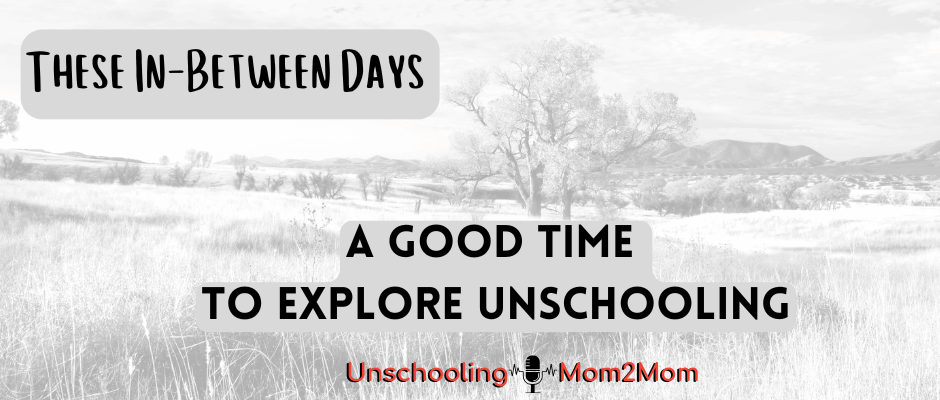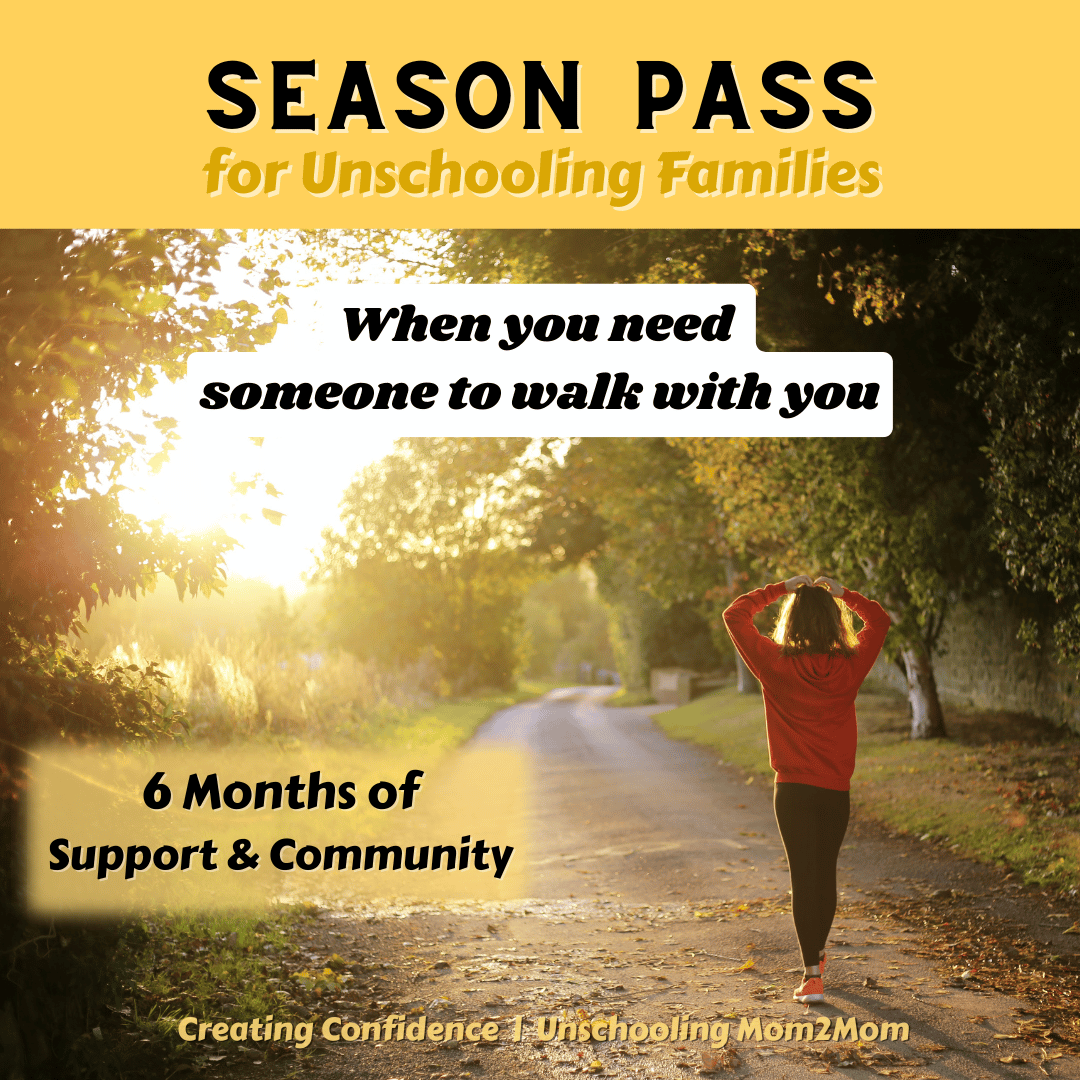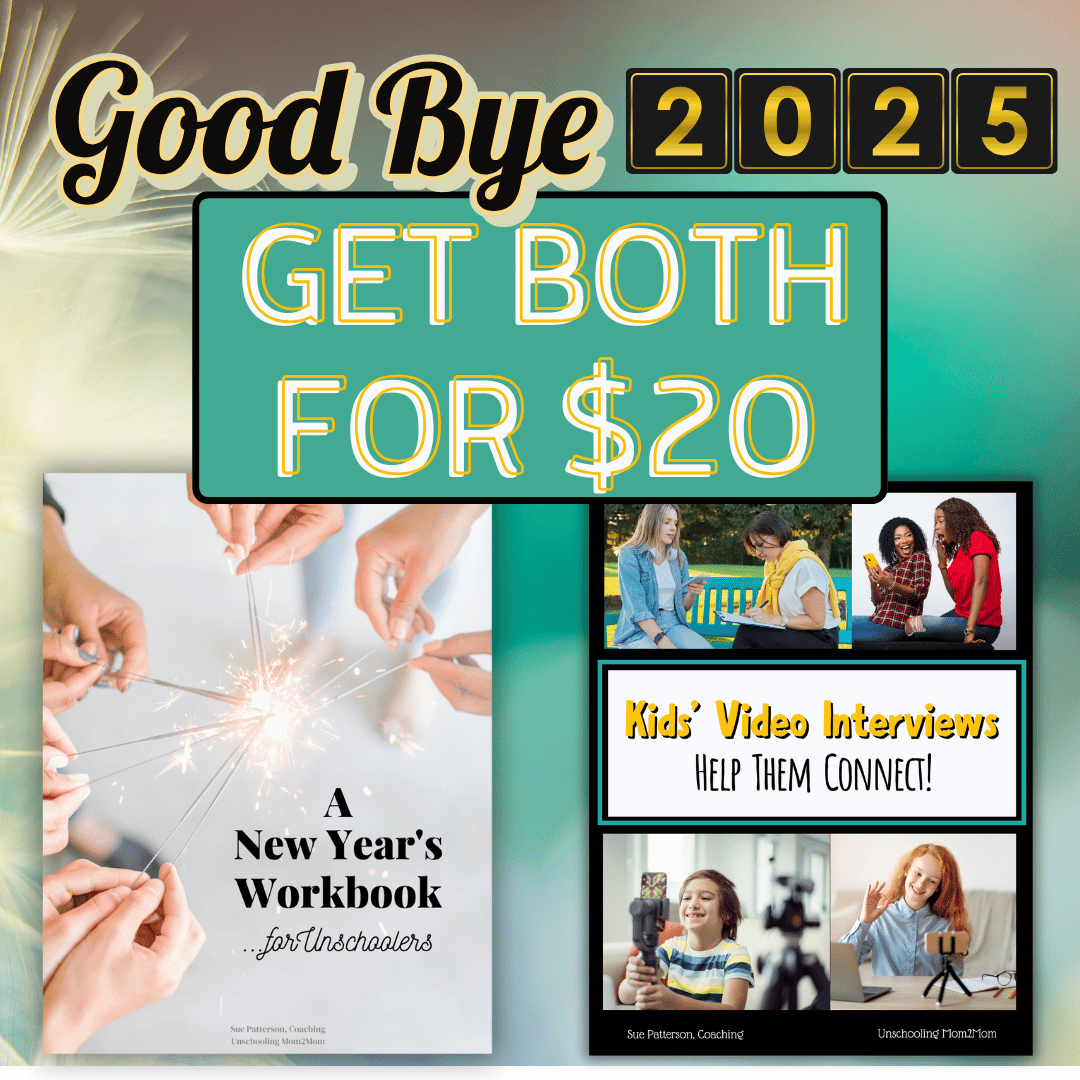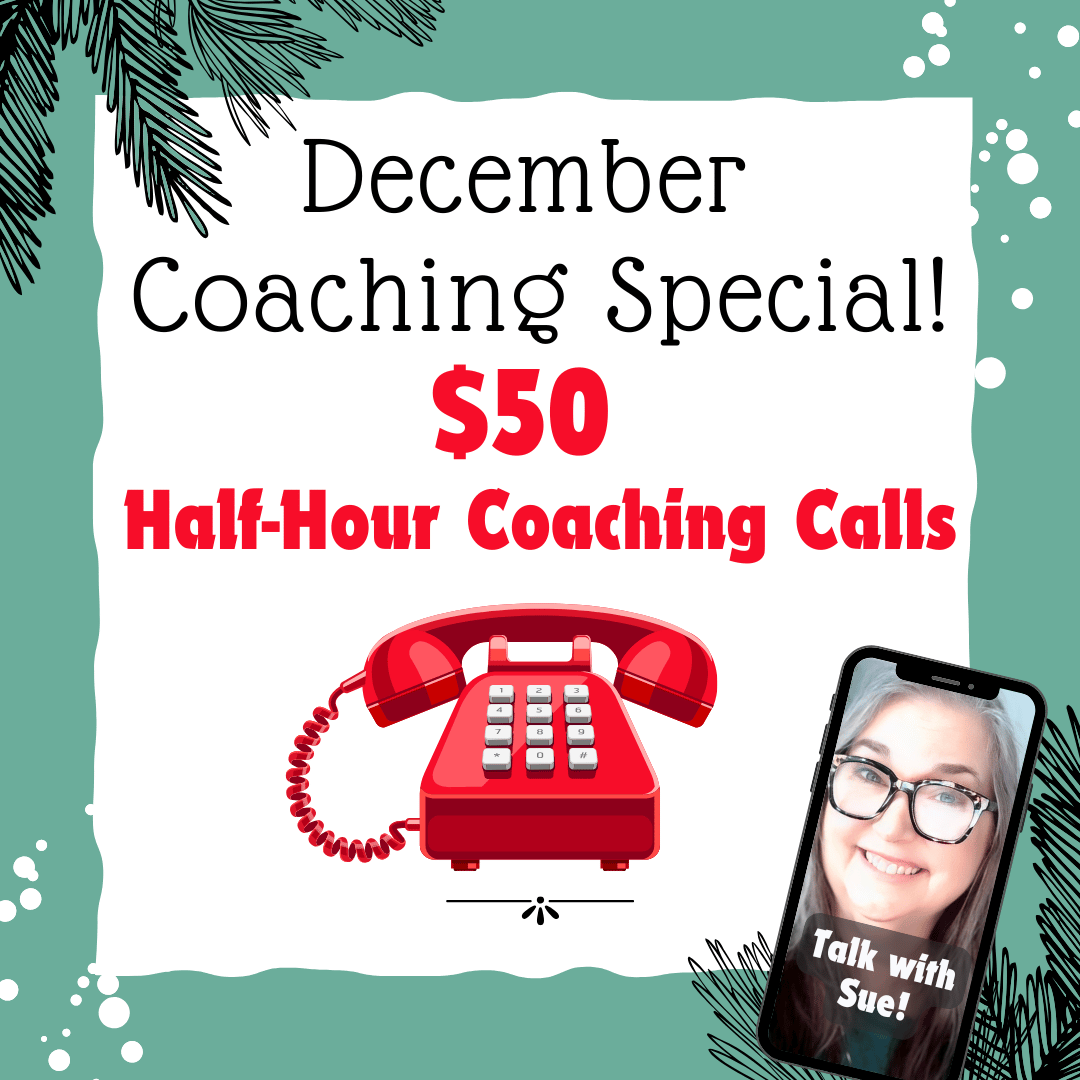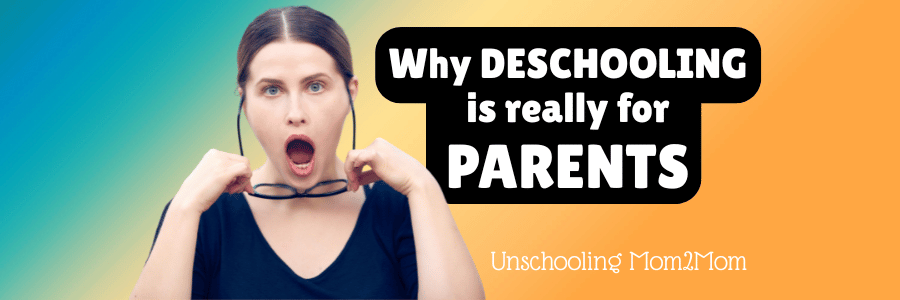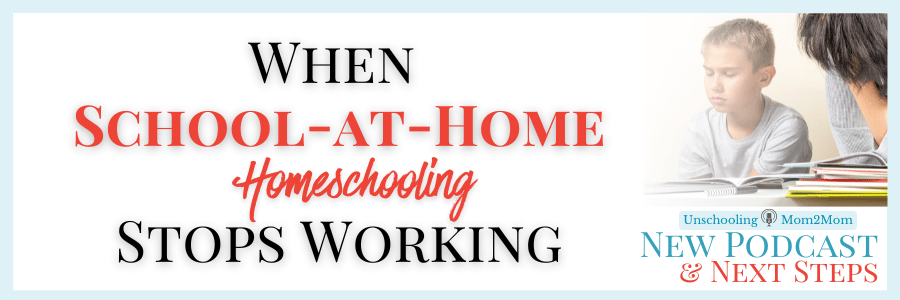The In-Between Days: Rethinking Your Educational Path
The Liminal Space Between Homeschooling and Unschooling
Welcome to the Unschooling Mom2Mom podcast. If you’re feeling a little uncertain or even uneasy about where you are in your educational journey, you’re not alone. Maybe last semester didn’t go well. And now the holidays are behind you and you’re just not sure what to do next. Some of that has to do with this weird time between Christmas and New years. They call it a Liminal Space. But you may be in a liminal space of your own - between leaving school and not knowing what to do next. Or between homeschooling in traditional way and exploring how unschooling could make the process better.
So I want us to take these next 10 minutes and Pause, Reflect, and Reset.
I know it can feel a little disorienting, but it’s ok. I’m right here with you.
And actually, this Liminal Space is the perfect opportunity to take a breath, get a little clarity and think about your next steps.
What is a Liminal Space?
Is that word, “ liminal space” new to you? It’s just a fancy word for a time of transition—a threshold between what was and what is to come. In the calendar, this last week of December is kind of a collective pause. The hustle of the holidays is over, but the fresh start of the new year hasn’t quite arrived. It’s a moment of in-betweenness, where routines loosen, and possibilities emerge.
This concept isn’t just tied to holidays; it happens in other parts of life, too. When we move from one way of thinking to another, we often pass through a liminal period. It’s unsettling… but it’s full of potential.
The Liminal Space Between Traditional Homeschooling and Unschooling
For a lot of parents, the shift from traditional homeschooling to unschooling feels like stepping into the unknown. Traditional homeschooling often mimics school at home: structured curricula, schedules, and external standards. But at some point, many families find themselves stuck. They’ve tried all the curricula, spent hours grading, and planned meticulously, only to feel like something isn’t clicking.
This is the liminal space. It’s that uncomfortable middle ground where you’re questioning everything you thought education should be. It’s also where transformation happens. So instead of scrambling frantically to fix this uneasiness, we can take this pause together and look at what worked and what didn’t.
You know, really, this is how you shift from doing what is familiar (but not working) to truly individualizing the learning at your house.
Instead of trying to find the “right” curriculum, it’s about shifting focus.
Change the question:
“What does my child love?"
"What lights them up?"
"What kind of learning environment allows their curiosity to thrive?”
The Cart Before the Horse
In traditional approaches, the focus is often on the curriculum—as if education is a product you can buy. Parents inadvertently put the cart before the horse, expecting the curriculum to mold their child into a learner. But education that actually sticks isn’t about memorizing random facts out of context. It’s about engaging with ideas and skills that resonate deeply with the learner.
When parents let go of the idea that education must start with a prepackaged plan, they discover the power of starting with the child. Their interests and passions become the foundation for meaningful, lasting learning. Instead of plowing through worksheets, kids are solving real-world problems, exploring their curiosity, and building knowledge they’ll actually remember.
Their curiosity or desire to do something they don’t have the skill for yet, because the CATALYST, the reason to tackle challenges. It’s not about meeting arbitrary benchmarks for their age - it’s about pursuing goals they truly care about, because they want the end result.
A lot of parents worry that their kids don’t
“stay with something that’s hard” or they
“walk away if it gets hard.”
But the truth is, they walk away because they don’t see the end result as worth the struggle.
Kids face challenges for something they value—like leveling up in a game or mastering a skill in a beloved hobby—you’ll see them persist until they succeed. Even from a young age, children instinctively weigh effort against reward, doing their own cost-benefit analysis. So, it’s not about lacking grit or willpower; it’s about finding the right motivation.
Lessons from the Holiday Liminal Space
Think about the days between Christmas and New Year’s. It’s a time when normal rules and routines relax. People might take long walks, stay up later than usual, binge a favorite show, or have deep conversations over hot cocoa. It’s unstructured yet fulfilling, and often, moments of clarity or inspiration emerge during this time.
The same holds true for unschooling. When we give ourselves permission to pause and reflect instead of rushing to fill the gap with more structure, we open the door to something better. We discover the kind of education that aligns with our children’s natural rhythms and interests. That’s when real, memorable learning happens.
Embracing the Transition
Liminal spaces can feel uncertain and even a little scary. But they’re also where transformation occurs. Just like thiS last week of December, it can set the tone for the year ahead, the transition from traditional homeschooling to unschooling can shape a lifelong love of learning for your child.
Go ahead an lean into the discomfort. Reflect on what’s working and what’s not.
Trust that by focusing on connection and curiosity, you’re creating an educational journey that’s as unique and wonderful as your child. You’re truly individualizing the path.
Thank you for joining me today as we explored the parallels between the liminal spaces of holidays and education. If you’re feeling uneasy about leaving behind what’s familiar, know that you’re not alone. This in-between space is an invitation to reflect and reset.
Unschooling parents get to learn too! Like this Liminal Space concept and connecting it to the transition between familiar schooling to something that will actually work. Remember, this process isn’t about perfection—it’s about finding what works for your family and letting curiosity lead the way.
If you’re feeling uneasy about leaving behind what’s familiar, know that you’re not alone.
Transitions are tough, but they’re also where the magic of growth happens.
If you need a little extra support during this time, I have some options for you:
- Discounted private coaching available for quick questions.
- My membership group is also discounted this week—it’s the only time I offer the 6-month package!
- Plus, I have
guides and tools to help you turn the calendar over into the new year.
These are included in the membership, but if you prefer to DIY, they’re available separately too.
Let’s embrace this season of change together. Take care, and I’ll see you next time!

